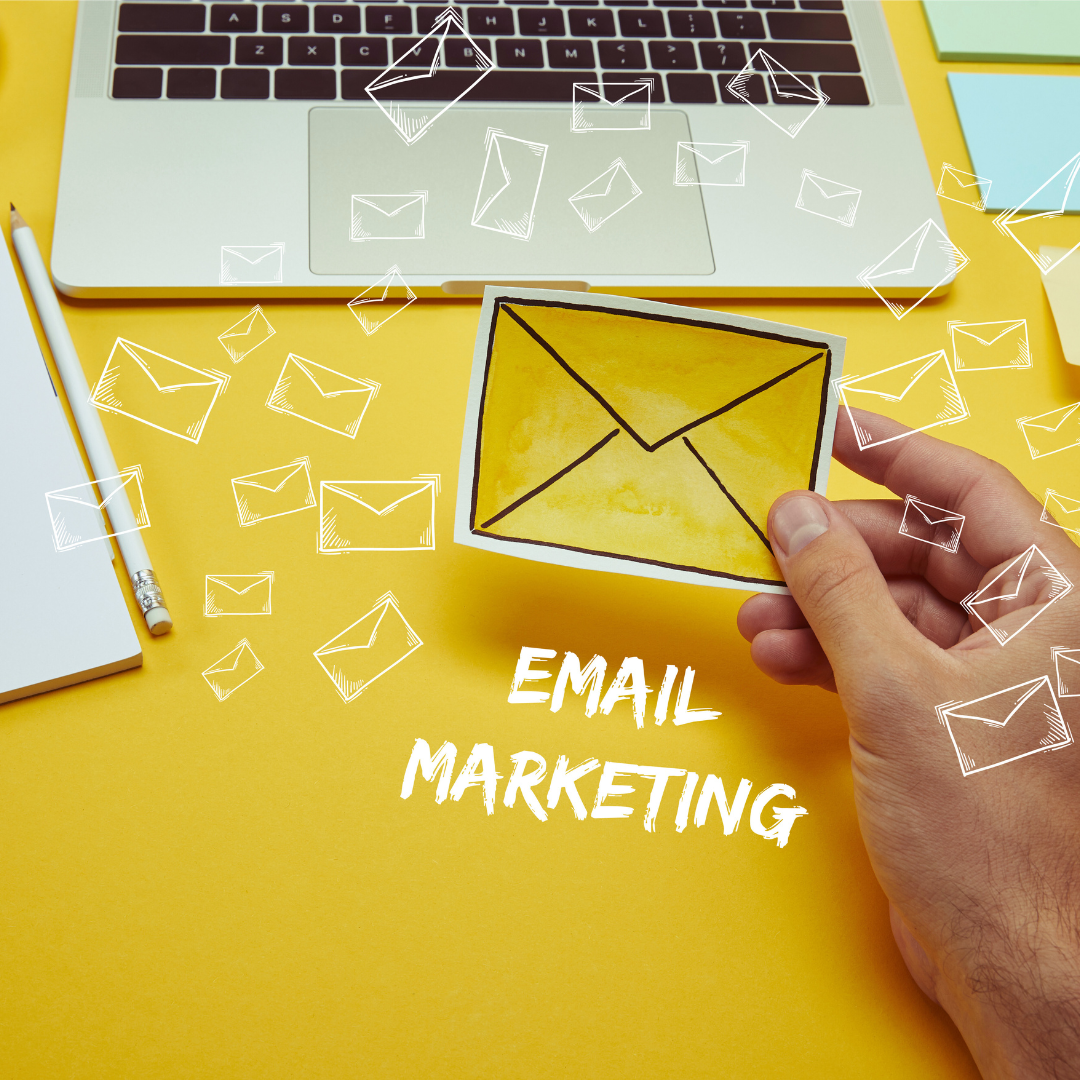Email marketing plays a crucial role in modern business growth strategies. By engaging customers directly, businesses can foster strong relationships, increase brand loyalty, and drive sales. In an era where digital marketing is essential, email remains one of the most effective channels for reaching targeted audiences.
The benefits of email marketing are numerous, making it an indispensable tool for any marketing strategy. It allows for personalized communication, enabling businesses to tailor their messages based on customer preferences and behaviors. This targeted approach increases the likelihood of conversions and enhances customer retention.
Moreover, email marketing is cost-effective compared to many other digital marketing avenues. Businesses can reach a vast audience without significant financial investments, resulting in a high return on investment. This efficiency makes email marketing an essential component of effective digital marketing efforts.
Developing a Successful Email Marketing Strategy
A successful email marketing strategy relies on careful planning and execution. Key components include understanding the target audience, crafting engaging content, and ensuring compliance with relevant regulations.
Segmentation and Targeting
Segmentation involves dividing the broader audience into smaller, more specific groups based on shared characteristics. This approach enhances targeting precision. For instance, a business might segment its list by demographics, purchasing behavior, or engagement levels.
Targeting the right group improves open rates and conversions. Personalization, such as addressing recipients by their names or tailoring content to their interests, fosters stronger connections. Using analytics tools, businesses can track engagement metrics to refine their segments continually.
Crafting Engaging Email Content
Engaging content is crucial for effective email marketing. This involves creating subject lines that entice recipients to open the email. Short, catchy phrases tend to perform better than long, complex ones.
The body should be concise and relevant, ideally featuring bullet points or lists for easy reading. Including clear calls to action encourages immediate responses. Businesses should also consider using visuals, such as images or videos, to enhance engagement.
Using content marketing techniques can make emails more valuable. Informative articles, tips, or exclusive offers can keep subscribers interested and eager for future communications.
Understanding Compliance and Regulations
Email marketing requires adherence to laws such as the CAN-SPAM Act and GDPR. Businesses must ensure they use permission-based marketing, meaning customers should opt-in to receive emails.
Under the CAN-SPAM Act, entities must provide clear unsubscribe options and accurate sender information. The GDPR emphasizes data protection, requiring businesses to obtain explicit consent before processing personal data.
Non-compliance can result in hefty fines and damage to reputation. Staying informed about regulations and best practices is essential for maintaining a trustworthy email marketing strategy.
Optimizing Email Campaigns for Higher Engagement
Engagement is key to the success of email marketing. Improving open and click-through rates can significantly enhance campaign performance. Mobile optimization is equally vital, ensuring accessibility across various devices.
Improving Open and Click-Through Rates
To boost open rates, businesses should focus on crafting compelling subject lines. Personalization is essential; including the recipient’s name or tailored content can increase interest. A/B testing different subject lines helps identify what resonates with the audience.
Next, optimizing the email body for click-through rates involves clear calls to action (CTAs). Positioning CTAs prominently increases visibility. Additionally, using engaging visuals and concise text can keep recipients interested, encouraging them to click through to linked content.
Tracking metrics like open and click-through rates helps refine future campaigns. Businesses can adapt based on what content performs best, creating a feedback loop for continuous improvement.
Mobile Optimization for Email Accessibility
With a growing number of users accessing emails on mobile devices, optimizing for mobile is crucial. Responsive email templates ensure that emails display correctly on varying screen sizes. This adaptability prevents potential loss of engagement.
Content should remain concise and scannable. Using bullet points and short paragraphs enhances readability. A clear hierarchy in text size enables users to navigate quickly through the email.
Testing emails on multiple devices before sending ensures consistency. Properly sized images and buttons facilitate easier interactions, increasing the likelihood of user engagement. Prioritizing mobile accessibility sets the foundation for successful email campaigns.
Leveraging Email Marketing for Business Growth
Email marketing plays a crucial role in enhancing customer relationships and driving conversions. By focusing on targeted messaging, businesses can establish trust and deliver valuable content to engage their audience effectively.
Building and Nurturing Customer Relationships
Building strong customer relationships is essential for business growth. Email marketing enables personalized communication that resonates with target customers. By segmenting email lists, businesses can tailor content based on customer preferences and behaviors.
Key Strategies for Relationship Building:
- Personalization: Use the recipient’s name and recommend products based on past purchases.
- Regular Communication: Send newsletters, updates, and promotions to keep customers informed.
- Feedback Requests: Encourage customers to share their opinions, enhancing engagement.
This approach fosters trust and encourages repeat business, which is vital for long-term success.
Maximizing Conversion and Customer Retention
Email marketing significantly impacts conversion rates when executed effectively. Strategic campaigns can lead to higher engagement and increased sales.
Techniques to Enhance Conversions:
- Compelling Subject Lines: Create urgency or curiosity to boost open rates.
- Clear Calls to Action (CTAs): Direct customers to take specific actions, such as making a purchase or signing up for an event.
- A/B Testing: Experiment with different layouts and content to determine what resonates best.
Retention is equally important. Regularly engaging customers through personalized emails helps maintain interest and loyalty, ensuring they remain connected to the brand.
Measuring the Success of Email Marketing Efforts
Measuring the success of email marketing requires tracking various key performance indicators (KPIs). These metrics provide insight into campaign effectiveness and areas for improvement.
Key Metrics to Monitor:
- Open Rate: This indicates how many recipients opened the email. A higher open rate suggests effective subject lines.
- Click-Through Rate (CTR): Measures the percentage of users who clicked on links in the email. It reflects content engagement.
- Bounce Rate: This measures the percentage of emails that did not reach their destination. A high bounce rate can impact deliverability.
Return on Investment (ROI):
Email marketing often has a high ROI. Businesses can calculate ROI by comparing revenue generated from campaigns to the costs involved.
Website Traffic:
Tracking traffic generated from email campaigns is crucial. This can be measured through unique visits, page views, and time spent on the site as a result of email links.
Marketing Automation:
Utilizing marketing automation tools can enhance measurement efforts. They can provide real-time analytics and optimize campaigns based on performance data.
Email Deliverability:
Ensuring emails reach the inbox is fundamental. High deliverability rates mean more opportunities for engagement and higher potential conversions. Maintaining a clean email list can improve this metric.
Regular assessment of these metrics will help refine email marketing strategies and boost business growth.

